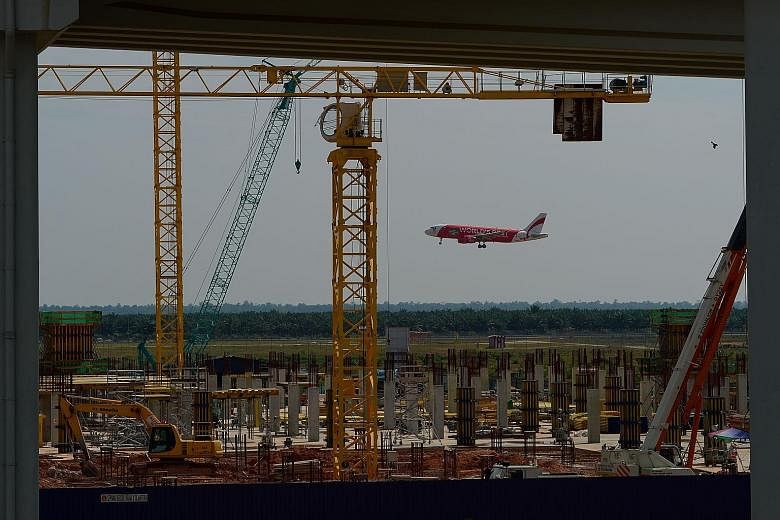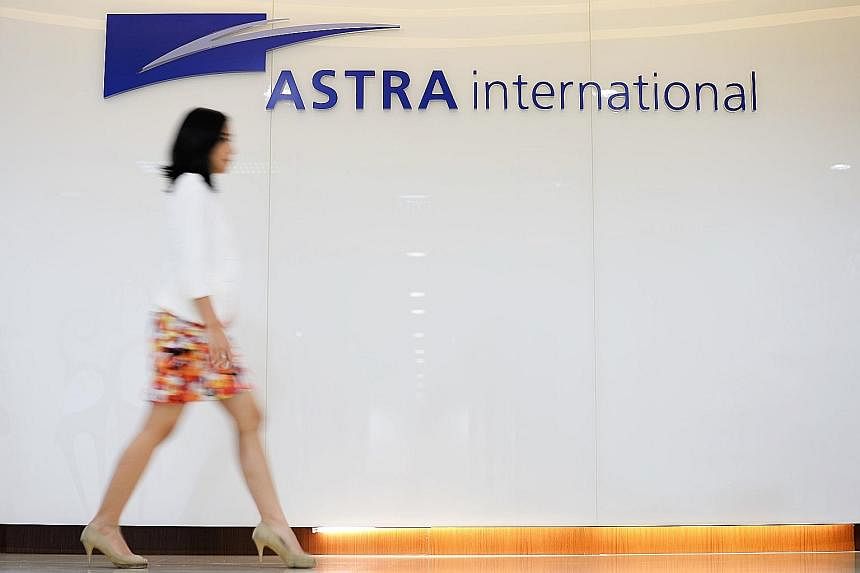A new Boston Consulting Group report analysed leading companies in the region to find out how they navigated obstacles to growth.
The report found that successful regional firms helped to shape infrastructure, regulation and talent where they were lacking, instead of waiting for things to improve.
This is how some firms coped creatively with constraints and gained a competitive edge in the region.
DEVELOPING TALENT
Astra International, one of Indonesia's largest conglomerates, has overcome the talent shortage in Indonesia by reaching out to talent early, and offering internships to students to learn technical skills.
The conglomerate, whose businesses include the auto sector, tractors, finance and agribusiness, has also set up a partnership with 14 Indonesian universities to recruit managerial candidates, and boost its profile among job seekers.
The firm has also been helping to develop the country's education system by building schools and funding scholarships. It has also set up its own polytechnic in Jakarta.
NAVIGATING REGULATION
Most Asian countries have laws preventing foreigners from owning majority stakes in industries like aviation.
But this did not stop AirAsia from establishing low-cost carriers in four countries. One of the keys was its willingness to enter cross-border joint ventures as a minority partner.
More established airlines would be worried about ceding control, but AirAsia picked its partners carefully - except for a venture in Japan, its partners tended to have no airline experience. These partners shared the firm's vision of budget travel, and were willing to allow AirAsia to manage the business.
AirAsia is now the region's largest low-cost carrier, serving 100 destinations in 23 countries.
COPING WITH POOR INFRASTRUCTURE
Despite China's overstretched transportation infrastructure, Shun Feng Express can deliver parcels anywhere in the country in one or two days because it has its own fleet of cargo planes.
Better known as S.F. Express, the firm has become Federal Express' biggest competitor in China.
Unlike any other privately-run express courier in China, S.F. Express controls its own fleet of 40 cargo planes - 18 of them owned by the firm - and 16,000 delivery trucks.
This means the company can dispatch planes and trucks anywhere, at any time.
The company also has a strong edge in the business-to-business market.
Leading multinational delivery services tend to focus on large companies and heavy cargoes, and local Chinese competitors serve the low end of the market.
More than half of S.F. Express' business is with SMEs.


